Program Planning, Implementation and Evaluation

By the end of 2030, India aims to achieve “End of AIDS”. To achieve this goal, I-TECH India is working at national and state level to offer care, support and other treatment services via mentoring, strengthening the data system and offering supportive supervision and advocacy.
I-TECH India implements innovative program interventions supported by robust evaluation designs through continuous quality improvement strategies to attain programme goals. The approach helps the healthcare workers to reduce the programme learning gaps by building the capacities and skills. It also focuses on maximising the program integration through appropriate coordination, implementing of activities and monitoring and evaluating the processes. The analysis of the effectiveness of the programs helps to focus on results and quality improvement strategies that lead to quality care services and ultimately more client satisfaction and retention in care.
Clinical and Program Mentoring
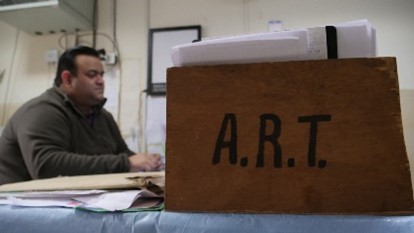
I-Tech India has expertise in providing clinical and program mentoring to both clinical and non-clinical health care providers. As part of the ongoing work, the team of mentors work closely with all staff at priority ART sites across Manipur, Nagaland, Mizoram and Maharashtra. In North East I-TECH team of mentors visit the ART sites in the remotest districts and provide clinical and programmatic mentoring support.
I-TECH team supports the ARTC staff to follow the standard guidelines for care and treatment of infectious diseases, improve the quality of data reporting and offer information to improve the quality of services. This is done through regular visits and face to face interactions.
Prevention of new infection and mentoring implementors
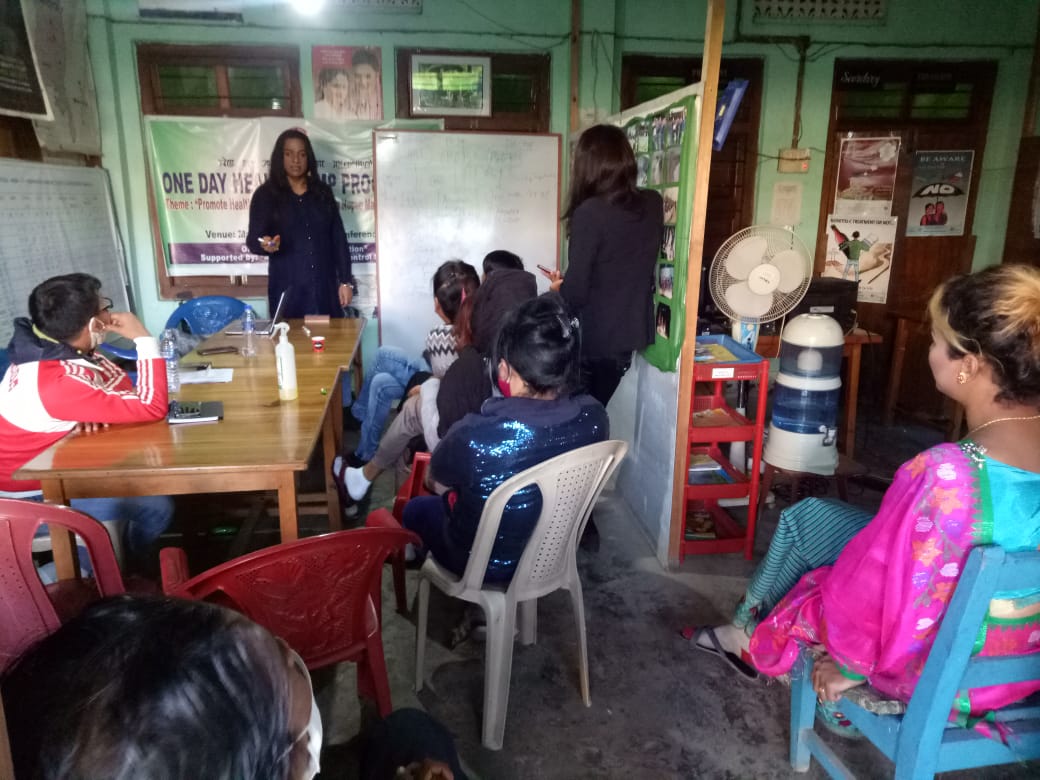
I-TECH aims at helping state government led HIV interventions in reducing new infections, detecting new infections and linking them to treatment. These efforts will help India achieve the global goals of reducing new infections and viral suppression. The strategies involve mapping areas of existing epidemic reaching them with prevention services and implementing enhanced case detection strategies in high epidemic states in India. The prevention team also mentors the field staff in Index Testing, Social Network Model, Peer Navigation and Peer Mentorship through on-site field visits and supportive supervision. As the national program for HIV control aims to achieve the Global 95-95-95 (95% of estimated PLHIV detected, 95% of the diagnosed PLHIV put on treatment and 95% of the PLHIV on treatment have viral suppression as a means to achieve epidemic control the I-TECH prevention and case detection program aims at supporting the states in achieving these targets. Most of the states that the project works in have a very low number of estimated PLHIV diagnosed and linked to treatment. The project focusses on technical assistance to SACS on enhanced case detection to focus on the priority population. In addition to this special focus is being given on integrated package of services for the key population. This includes special package of services for People Who Inject Drugs, Transgender People and Adolescent Drug Users.
Index Testing – Breaking the chain of HIV transmission
Strengthening Healthcare Service Delivery
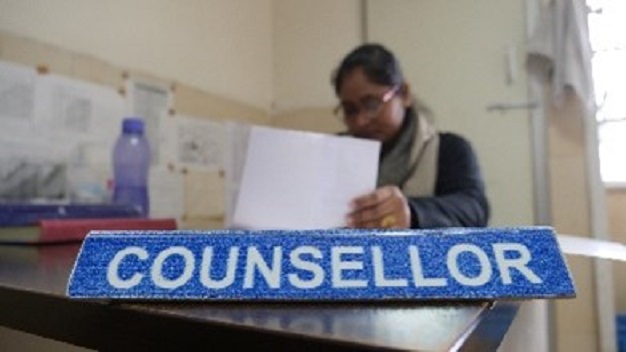
A. Treat All Policy
I-TECH India has supported NACO in launching various innovative interventions for care and treatment of HIV patients. This includes the launch of Treat All policy that provides ART to all patients irrespective of CD4 / Clinical Stage / Age / Population. A total of nearly 5,000 clients were brought back to ART centres and were initiated on ART under this intervention in Maharashtra through sustained efforts by I-TECH team. Promoting ART initiation for all positive patients is a priority for I-TECH India and is emphasised through all interventions that are taken up by the team.
B. Differentiated Service Delivery models
I-TECH India is also amongst the pioneers in launching the “Differentiated Care” model in collaboration with NACO and SACS, across the various ART Centres sites in North East and Maharashtra. I-TECH India is constantly innovating and launching new models in collaboration with NACO and SACS to ensure that maximum number of HIV patients are benefitted. I-TECH India in collaboration with NACO, CDC India and State AIDS Committee piloted different models of DSDM across the states of Manipur, Nagaland, Mizoram and Maharashtra, based on patient need. These models helped in improving the patient care services and decongested the overcrowded centres.
Co-located ART-OST Centre (CAOC)
The model is based on co-location of ART services at TI centres, where a package of HIV prevention and harm reduction services are provided to clients. It also helps to reduce the burden of travelling, transportation cost, loss of daily wages and etc.
Multi Month Dispensation (MMD) of ART
This model is based on providing an ART regimen to clients for three months. It identifies and selects the clients eligible for MMD and further monitors them during the MMD period.
Prison intervention
This model ensures HIV care and treatment service for prison inmates on regular basis for any side effects or infections. Since there are no provisions of getting ART medicines in the jails and so the prisoners have to travel to the nearest ART centre for medicines.
ART dispensation through TI
This model emphasizes on offering ART regimen to clients through TI site. It is similar as CAOC model and all the eligible clients get their medicines from the TI site.
Capacity Building
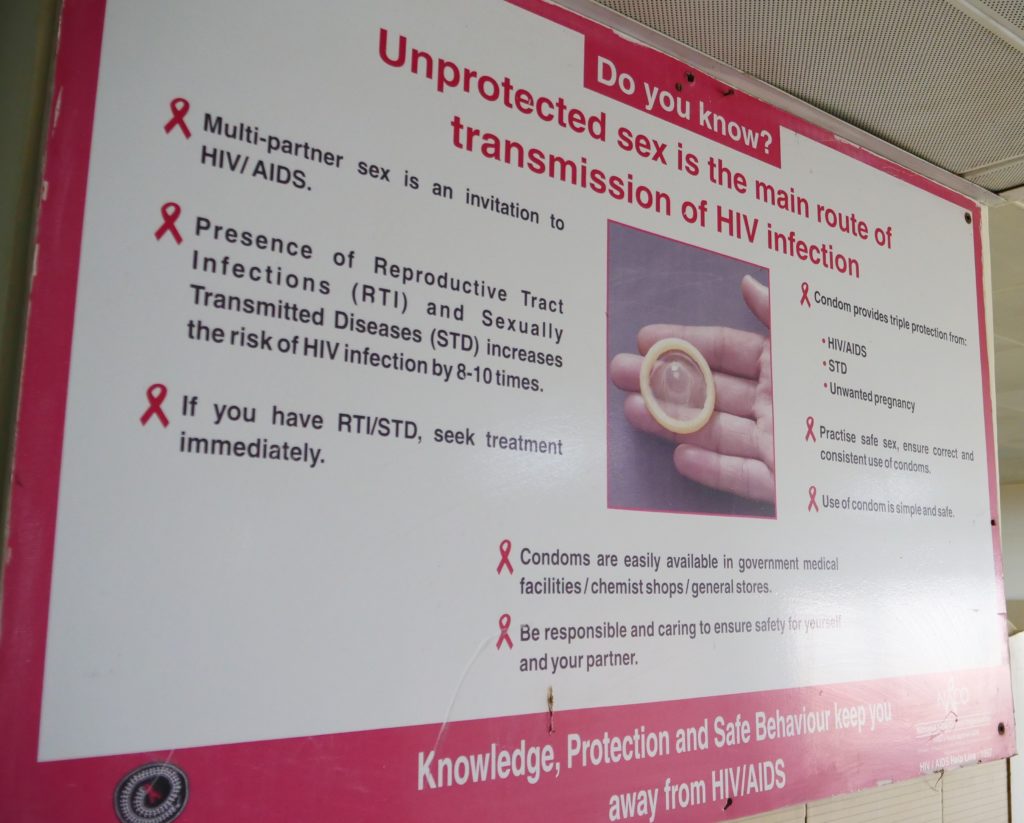
I-TECH India was the first organisation in India to start distance learning seminars for the knowledge and capacity building of all ART health care providers. Through the regular sessions, health care workers are updated on latest innovations, provided information and solutions that upgrade their knowledge and capacities for effective care and treatment. Requiring minimal infrastructure set up, health care workers across the country and from the remotest corner, are able to log in and attend the sessions.
Through the digital solutions provided by I-TECH India, NACO and SACS have been able to strengthen their capacity building initiatives. All new program interventions for HIV care and treatment are now rolled out through the distance learning seminars additional to other processes.
The National AIDS Control Program implemented by National AIDS Control Organisation has identified Index Testing as one of the intensified case finding approaches that will help the states in India bridge the gap in the first 90 of the global UNAIDS Goals of 95-95-95. I-TECH India is providing capacity building support to the government run HIV Counselling and Testing centres in implementing index testing with fidelity. Index Testing Services are being scaled up as an intensified case finding to help achieve the gaps in number of undiagnosed PLHIV to be detected and put on treatment. The curriculum for index testing has been designed by the Project with reference from WHO Partner Notification Guidelines and the PEPFAR guidance around index testing. Having had ample experience of implementing index testing in the Project areas, the project helped the National AIDS Control Organisation in drafting the operational guidelines for index testing along with CDC and other CDC travels.
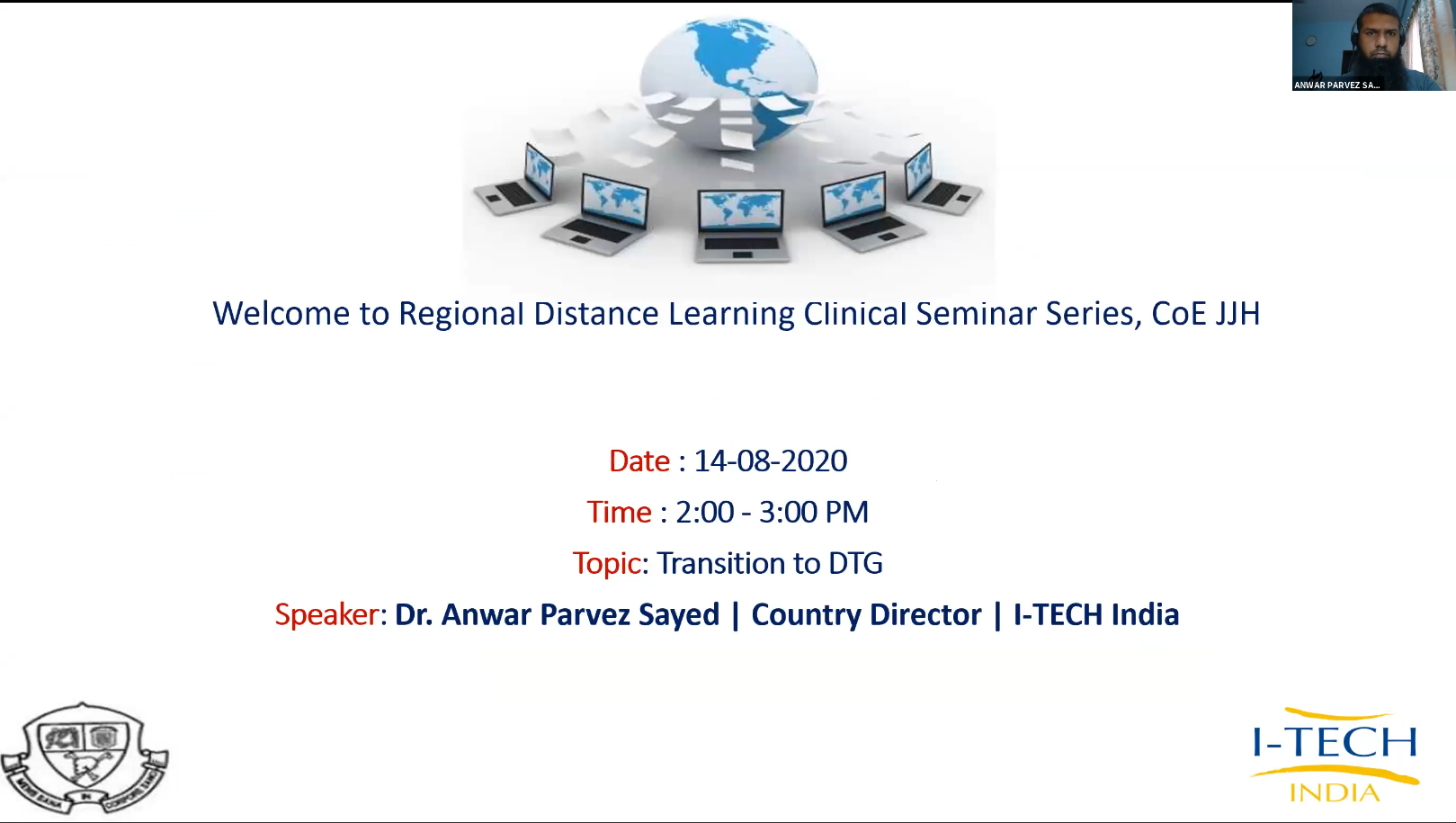
The National Distance Learning Seminars (NDLS):
These are bi-monthly sessions in English and are presented by national and international experts from NACO, CoE/pCoE. CDC, I-TECH, CHAI, Alliance India, SHARE, WHO, and other partner organizations. It has an interactive and intuitive interface and an average of about 1000+ HCWs from over 535 ART centres across the country attended the sessions.
The Regional Distance Learning Seminars (RDLS):
This is the regional version of NDLS which is conducted once a month in both regional and local languages through all the 17 CoE / pCoE. The seminars offer training on locally relevant topics and offer guidelines which are presented by medical officers, professors and other experts. On average, about 140 RDLS sessions are conducted every year with an average participation of over 100 participants per sessions.
COVID-19 Distance Learning Seminars (March 2020)
I-TECH India, in coordination with CDC and NACO, planned a series of Distance Learning Seminars for the healthcare providers across the country to share knowledge about COVID-19 infection including the Government’s advisory for its management. Click here to know more.
Continuous Professional Development
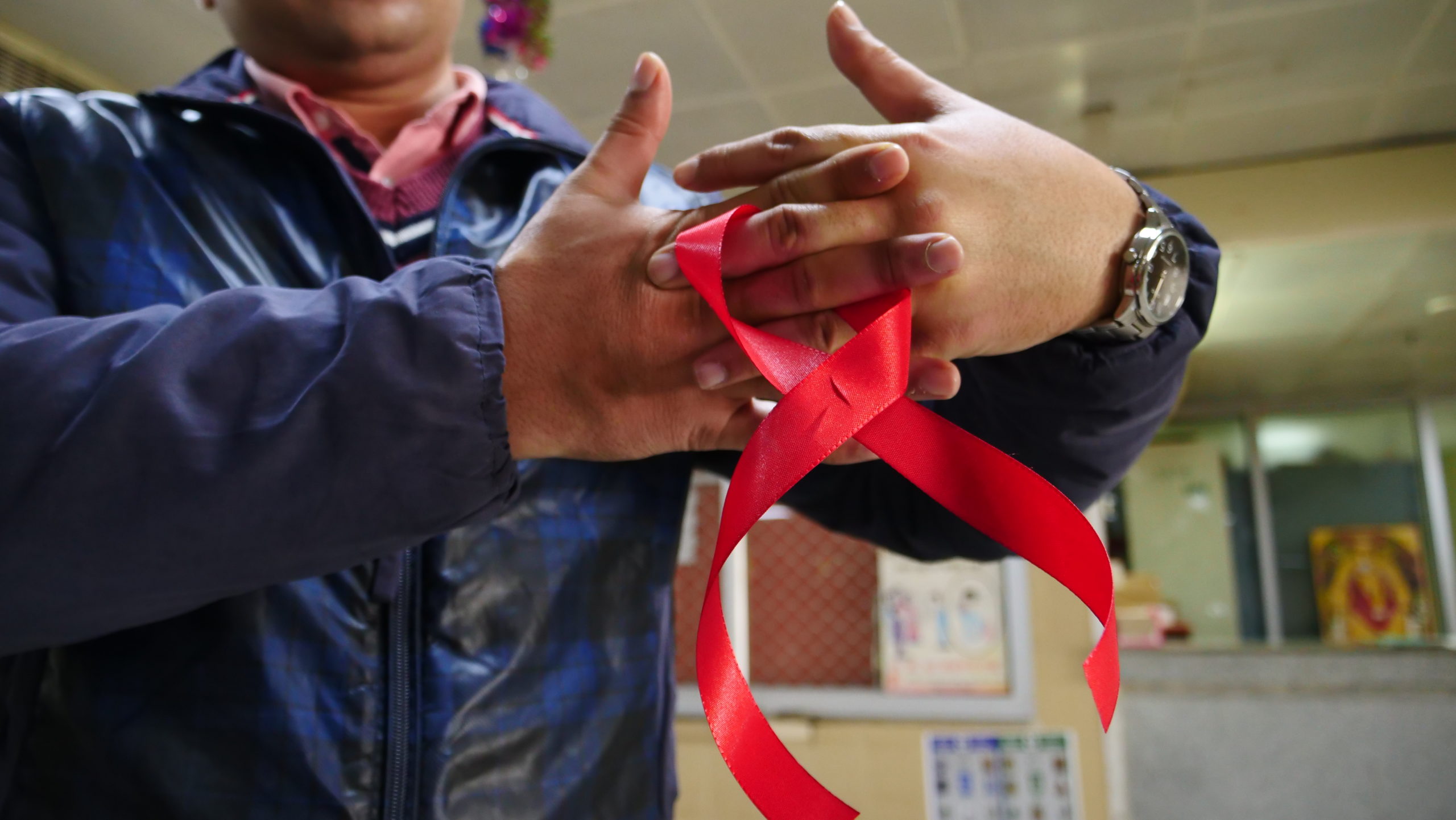
I-TECH India in partnership with University of Washington offers certified on-line courses to staff members from NACO, SACS, CoE/ pCoE and ART medial officers for professional development.The courses offered on annual basis include: Leadership and Management in Health, Clinical Management of HIV, Global Mental Health, Project Management in Global Health and Fundamentals of Implementation Science.
Data Quality Improvement
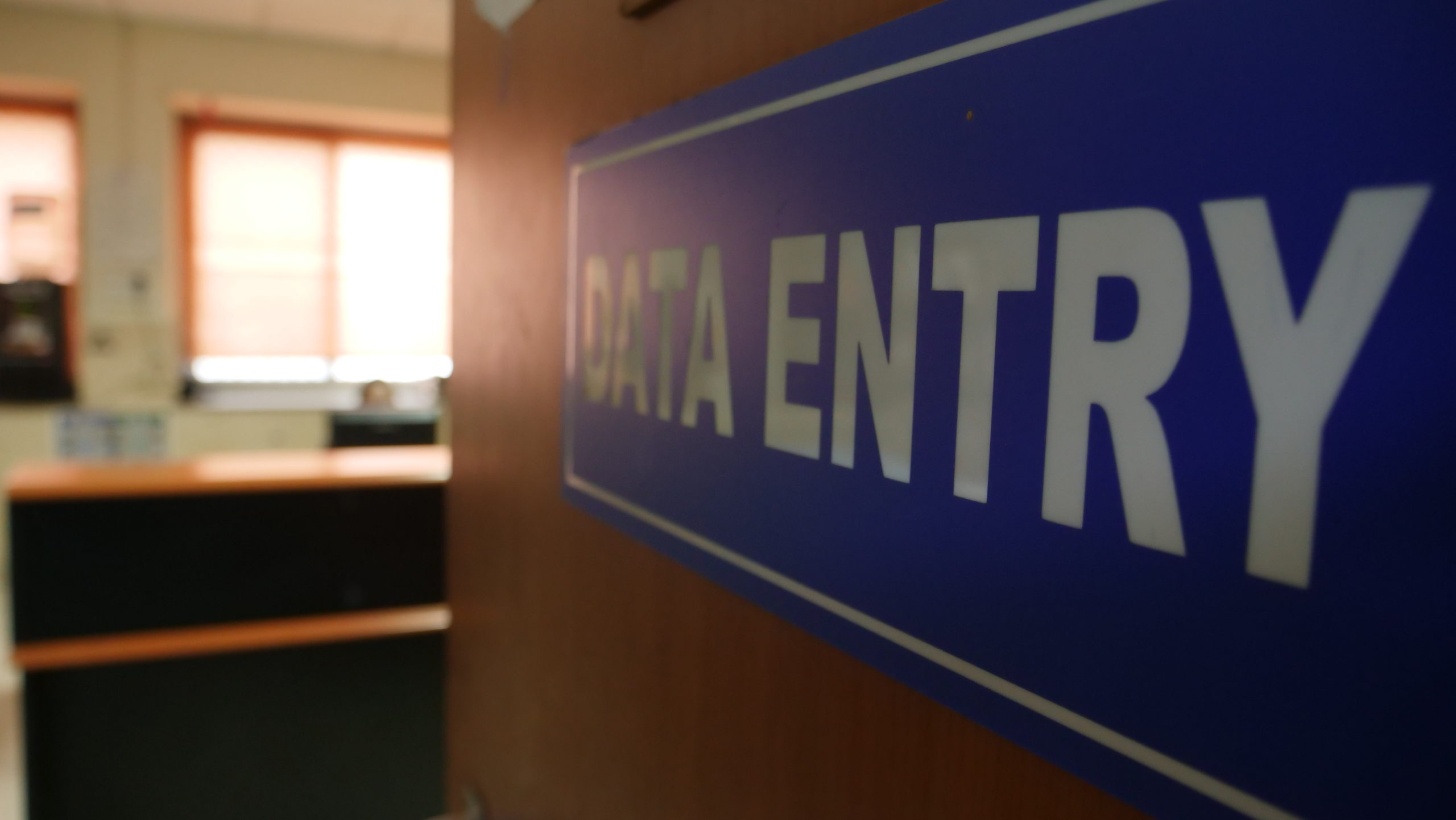
Promoting the culture of data driven program design, I-TECH India has developed unique tools and digital solutions that support NACO to track program progress effectively. These tools help to identify program gaps which are further prioritised for intervention. I-TECH team offers in- person technical mentoring to improve the quality of data collection, analysis and reporting by the ART centres across 52 sites in India.
Curriculum Development

I-TECH India team has expertise in designing training modules and technical content for various healthcare programs. I-TECH team members are also part of the Technical resource groups set up by NACO, from time to time, for review and development of various guidelines and curriculum for care and treatment.
The team has successfully developed blended training, e-learning modules, classroom training material and e-packages on technical and program thematic areas for improved health systems.